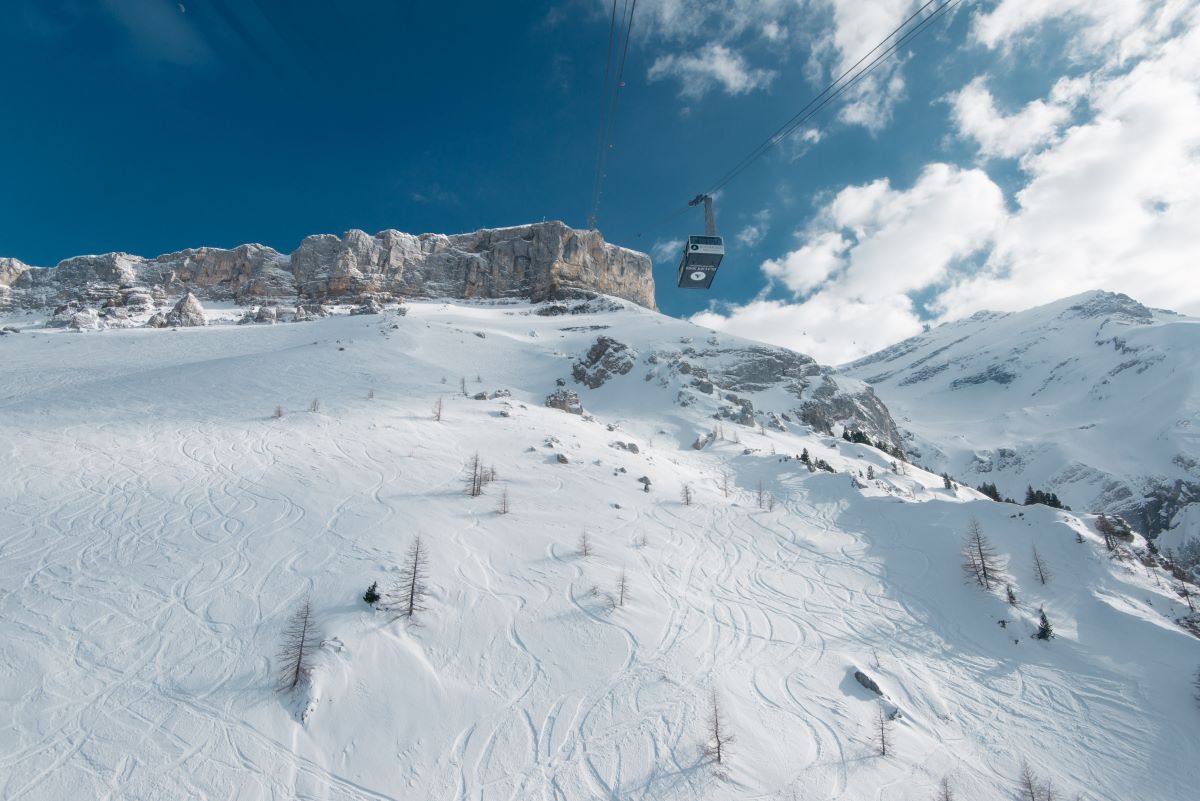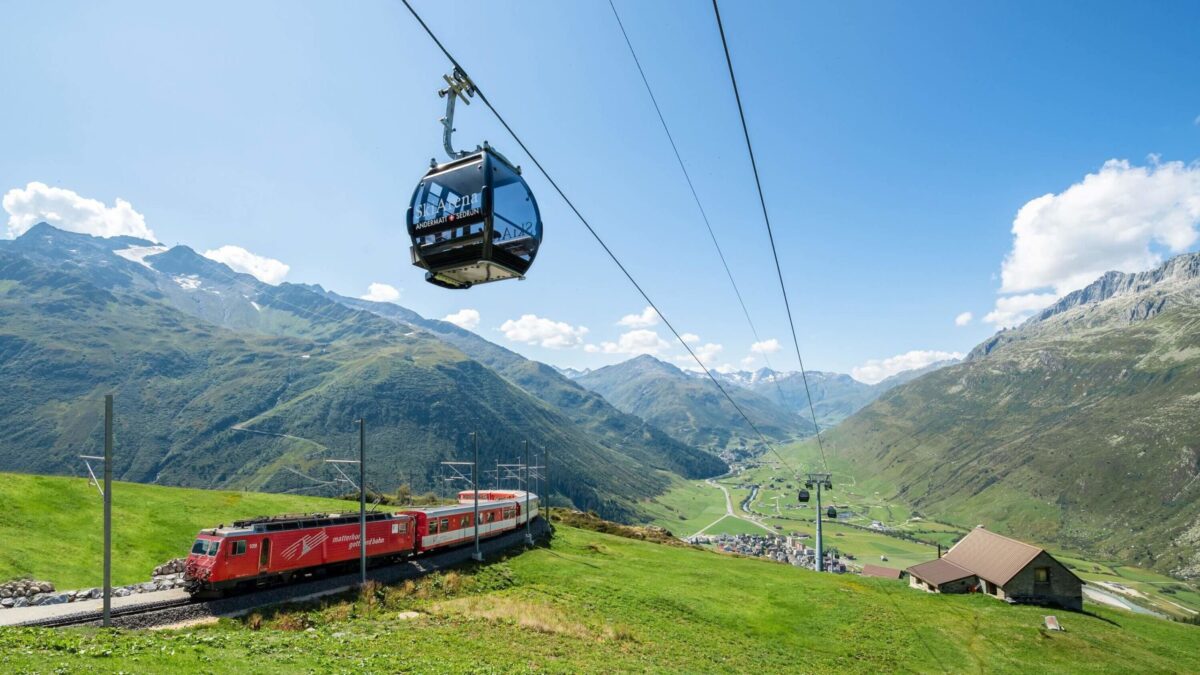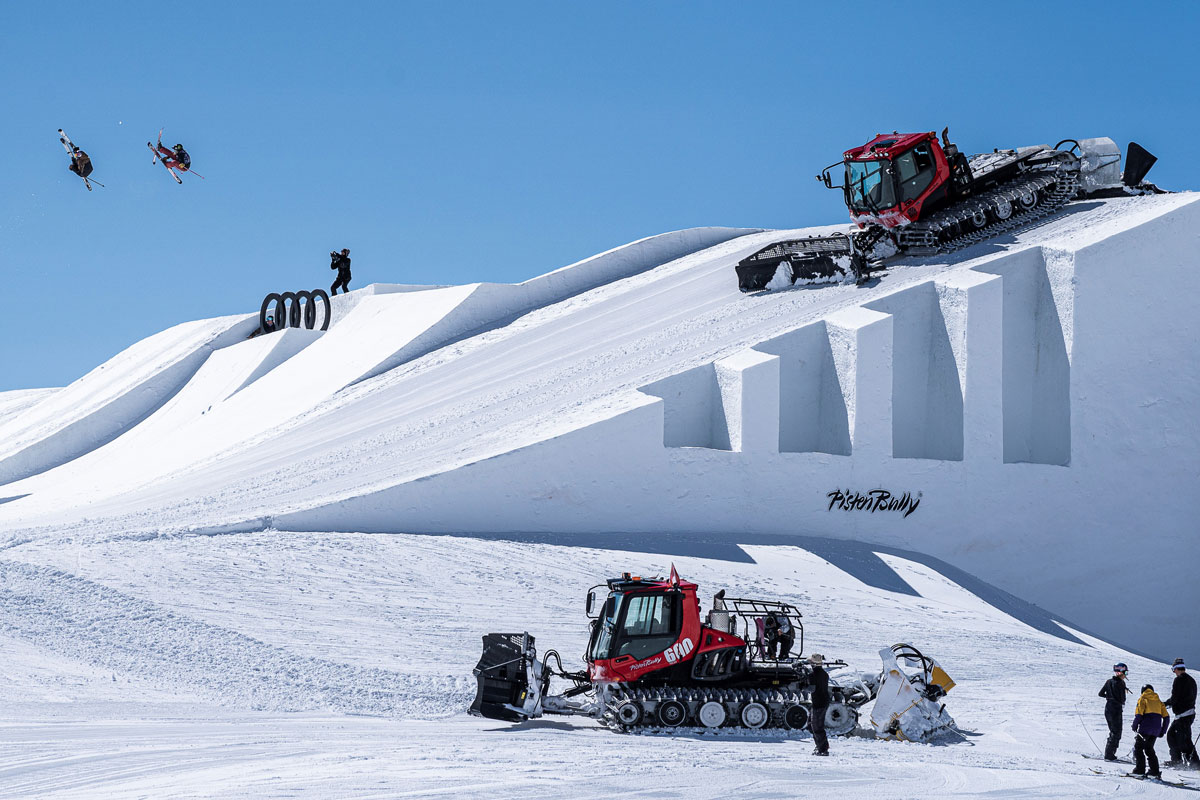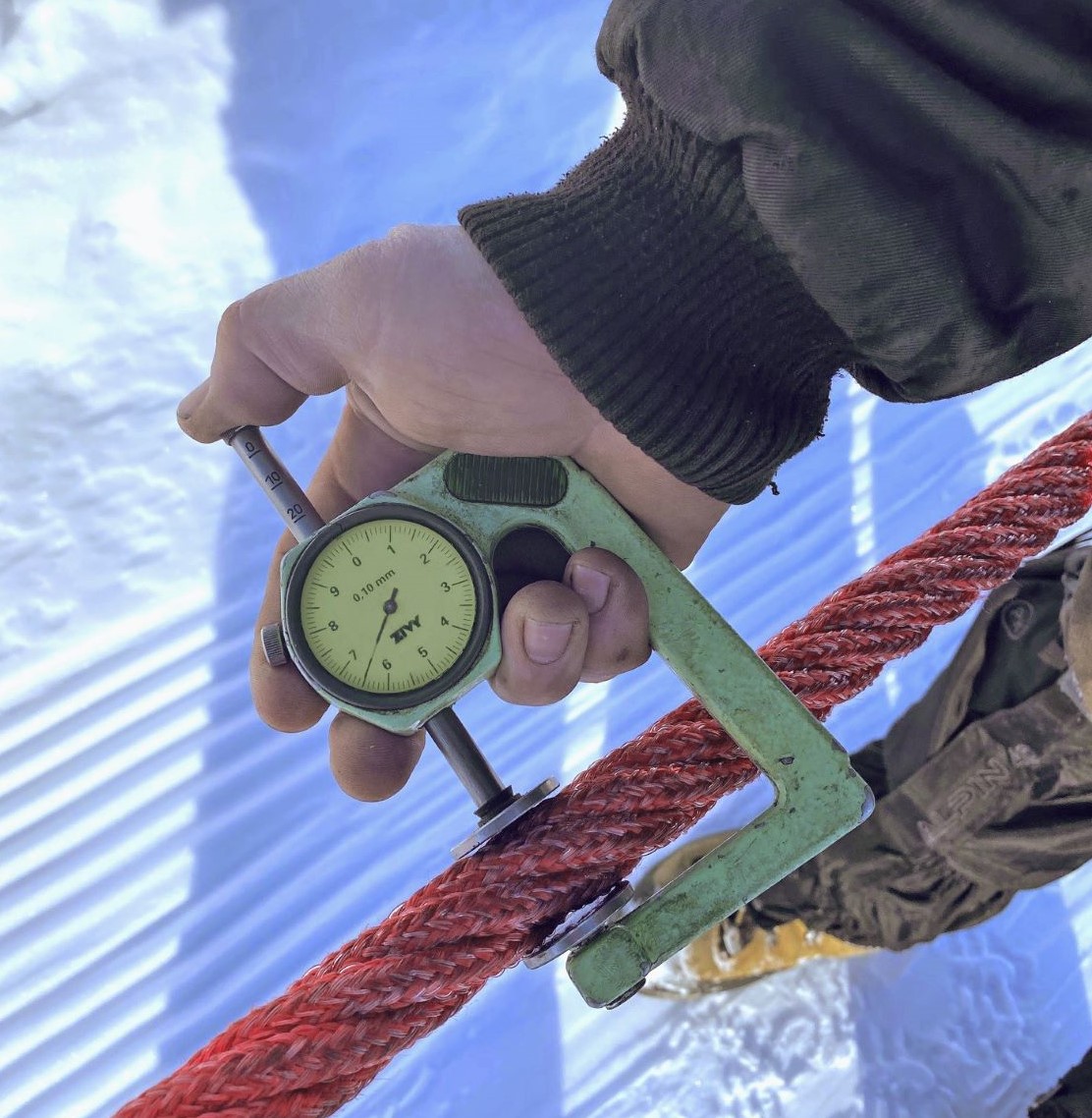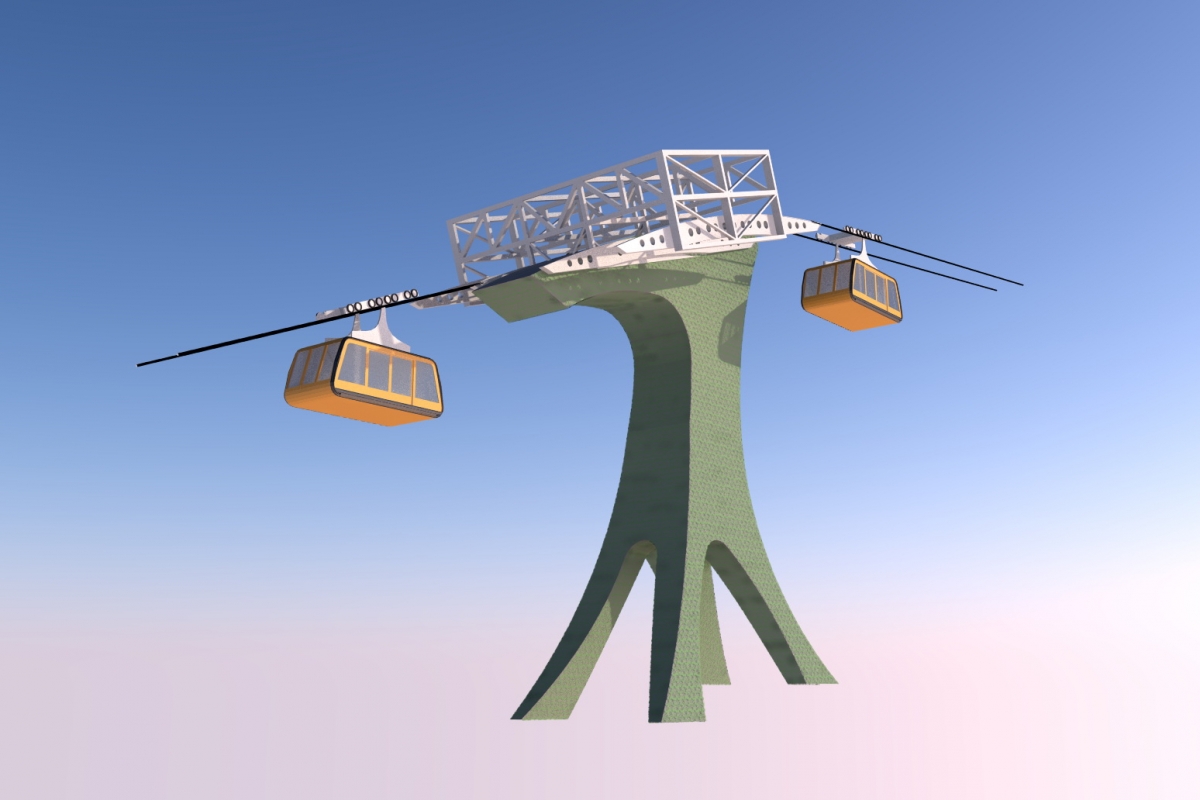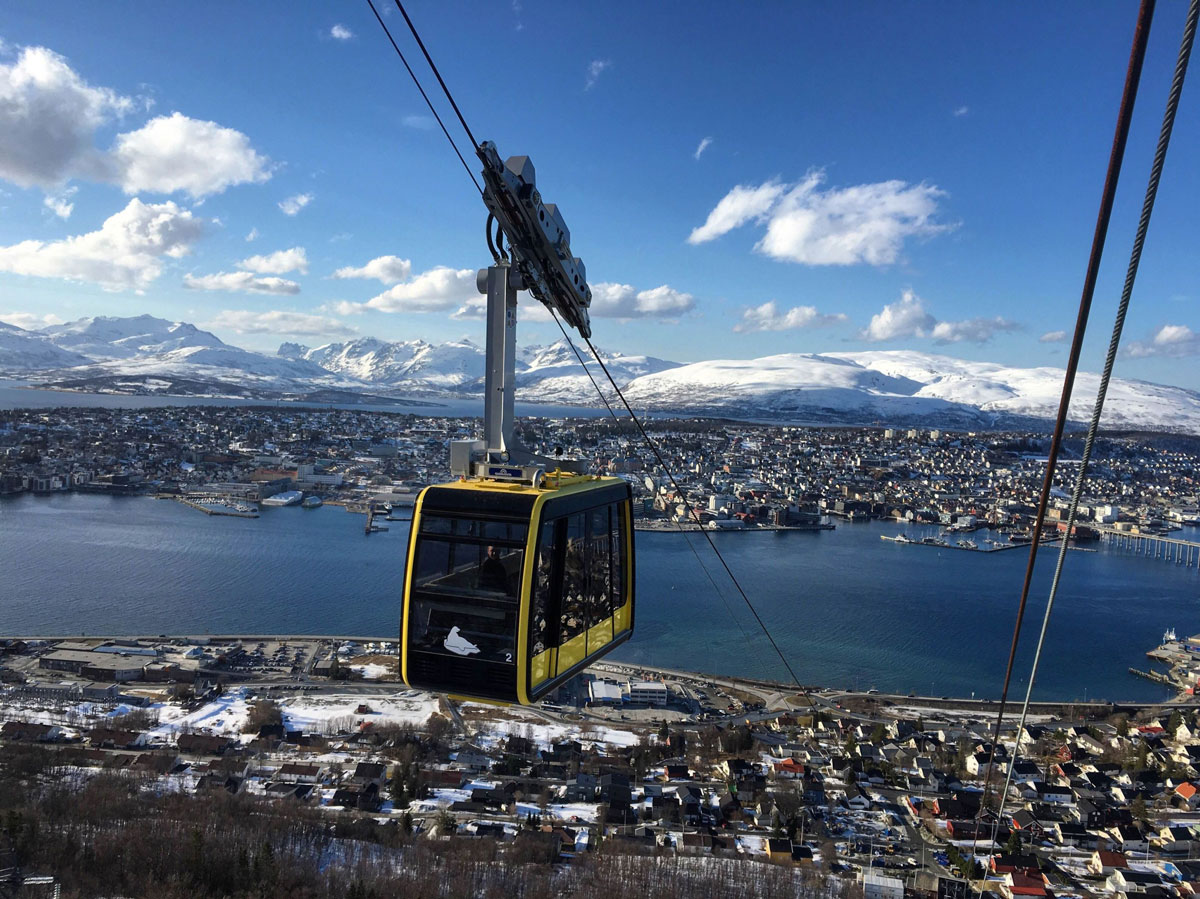Glacier 3000: Tunnel for one of the world‘s steepest slopes
With a bold move in form of an incredibly steep tunnel, ski resort Glacier 3000 will soon connect its mid-station with the Col du Pillon mountain pass below. The outcome is a 41-degree drop, guaranteeing an adrenaline rush on the way down.
Andermatt-Sedrun: Acquisition completed, Investments announced
The acquisition of 55 percent of Andermatt-Sedrun Sport AG by the US ski resort operator Vail Resort has now been completed. 149 million Swiss francs were paid for the majority stake in the Swiss ski resort.
Independent adaption of geospatial data
Finally, GIS data are in the hands of customers! SNOWsat GIS Data Manager allows ski resorts to adjust geospatial data independently to current conditions: easily, flexibly and cost-effectively.
New swiss ski lift rope for small ski lifts
Operators of small ski lifts have reason to celebrate: JAKOB ROPE SYSTEMS has developed a new ski lift rope that resolves the weaknesses of previous ski lift ropes. The Emmental-based rope specialists provide an insight here into the development of their fibre rope.
Urban cable car for Merano?
The South Tyrolean communities of Merano - Schenna - Dorf Tirol could be connected by an urban cable car. 40 million euros from the Italian Reconstruction Fund increase the chances for this.
New CEO of Doppelmayr Scandinavia
By the end of 2022 Peter Strandberg, CEO of Doppelmayr Scandinavia AB, will be retiring. Doppelmayr appointed Fredrik Biehl to be his successor.
